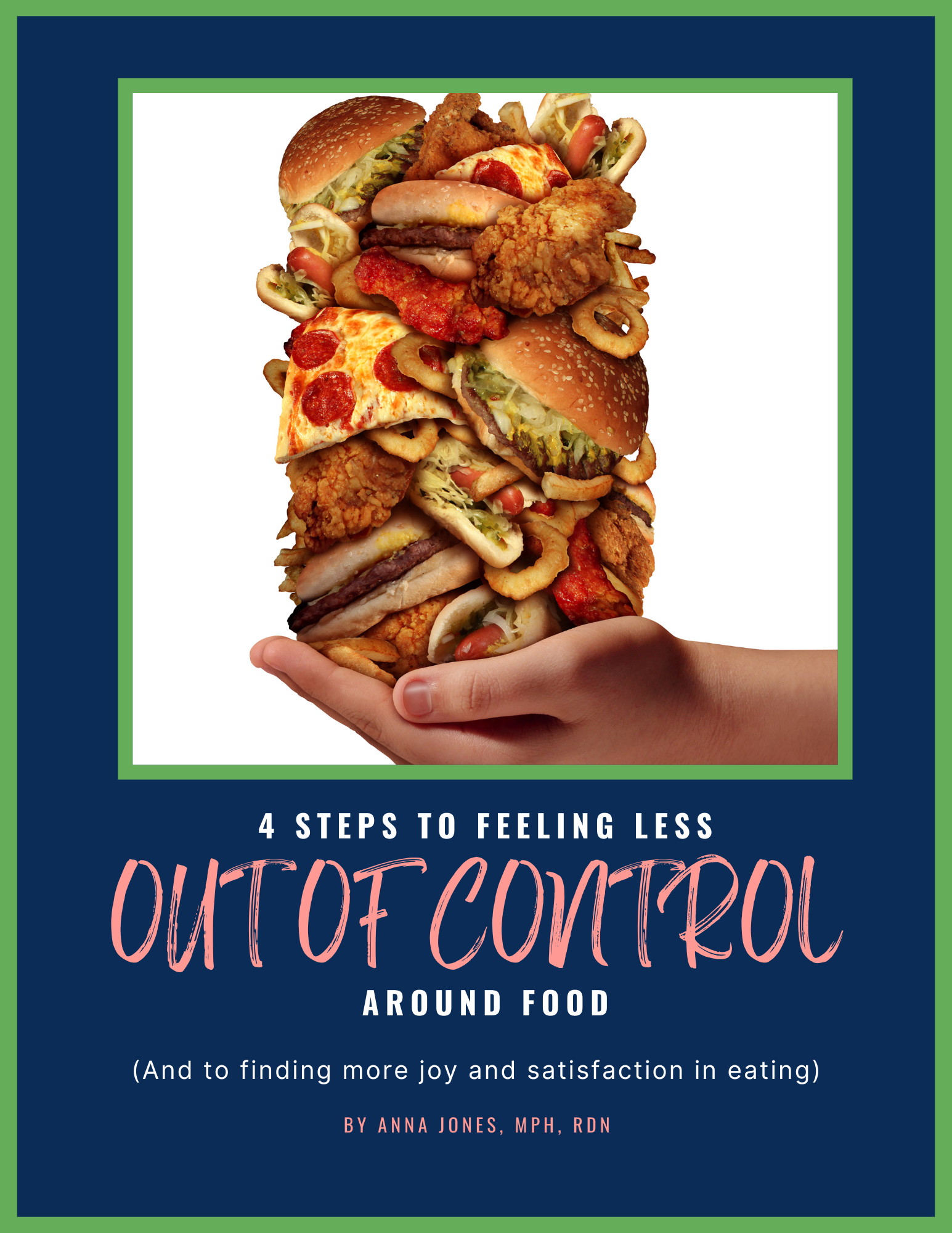
When was the last time someone said something about your weight? How did it make you feel? Sad? Angry? Self-conscious? Did you find yourself thinking more about how people view your weight after that encounter?
Our society is incredibly weight and appearance focused, largely due to racism, diet-culture, and the so-called “obesity epidemic”. The health “risks” associated with obesity are plastered all over the news, social media, and public health messages. There are countless diet programs promising you “the dream body you have always wanted”.
To exist in a larger body has become somewhat of a taboo- something wrong that needs to be fixed.
We have placed the responsibility of shrinking one’s body on the individual. “You have the ability and responsibility to lose weight in the name of health.” If you cannot achieve this task successfully, you are often labeled as lazy, incompetent, and lacking self-control.
The social rejection of individuals in larger bodies can be seen in the form of teasing, bullying, and discrimination in both their personal and professional lives1. These forms of mistreatment against people in larger bodies are examples of weight stigma1. Research has shown weight stigma alone can have a significant, negative impact on an individual’s health in both the short- and long-term.
From a physiological standpoint, weight stigma has been associated with a decreased health-related quality of life, increased risk factors for heart disease, and an increased risk of mortality1,3. From a mental health perspective, weight stigma is associated with greater symptoms related to depression and anxiety, social isolation and phobia, body image dissatisfaction, and lower self-esteem2.
One of the more alarming aspects of weight stigma is the acceptance of and almost “normalized” view of it in our society. There are many people who view weight stigma as necessary, because it “motivates” people in larger bodies to lose weight. “If you just ate less and exercised more, you would lose weight. It’s not that hard.”
These types of messages, especially when internalized, can reduce a person’s sense of empowerment and confidence that they can have a role in changing their health behaviors1. In fact, research studies show those who reported weight-based teasing and/or discrimination were more likely to gain weight 4-15 years later1. If they do pursue weight loss, they are more likely to engage in extreme dieting habits that are not sustainable long-term1.
Furthermore, internalized weight stigma experienced in adolescence has been associated with unhealthy weight control behaviors (such as restriction/fasting and vomiting after eating), emotional eating, and binge eating3. This means teasing, bullying, and discriminating someone due to their weight (especially in adolescence) can increase their risk for developing a disordered relationship with food or an eating disorder.
At the end of the day, someone’s weight is frankly none of your business. What they are doing or not doing in respect to their weight and body is, again, none of your business. Telling someone they should lose weight to improve their health is not a helpful or motivating strategy. Your words and actions can have a seriously negative impact on their health.
1. Pearl, R. L., Puhl, R. M., Himmelstein, M. S., Pinto, A. M., & Foster, G. D. (2020). Weight Stigma and Weight-Related Health: Associations of Self-Report Measures Among Adults in Weight Management. Annals of Behavioral Medicine. doi: 10.1093/abm/kaaa026
2. Wu, Y.-K., & Berry, D. C. (2017). Impact of weight stigma on physiological and psychological health outcomes for overweight and obese adults: A systematic review. Journal of Advanced Nursing, 74(5), 1030–1042. doi: 10.1111/jan.13511
3. Vartanian, L. R., & Porter, A. M. (2016). Weight stigma and eating behavior: A review of the literature. Appetite, 102, 3–14. doi: 10.1016/j.appet.2016.01.034



